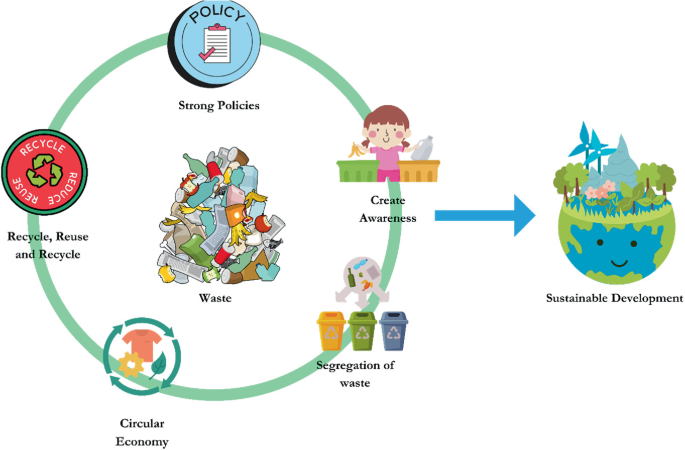The Best Guide To Reclaim Waste
The Best Guide To Reclaim Waste
Blog Article
Little Known Facts About Reclaim Waste.
Table of ContentsReclaim Waste Can Be Fun For AnyoneSome Of Reclaim WasteSome Known Details About Reclaim Waste The smart Trick of Reclaim Waste That Nobody is DiscussingRumored Buzz on Reclaim Waste
Check out the types, occurrences, and kinds of liquid waste. Residential sewer waste refers to the waste and items from a property septic system. This type of waste is developed by human beings in homes, colleges, and other structures. This only consists of septic systems that have a drainpipe area. The appropriate administration and disposal of domestic sewer waste need liquid waste to be moved to a sewage therapy plant where the appropriate methods and equipment are applied to purify and throw away waste.
Commercial waste often includes possible risks, such as combustible materials or a mixture of fluid and strong waste products, and requires an advanced and detailed disposal process. The disposal of industrial waste generally involves the purification of waste before transportation to make sure secure and proper disposal. Hazardous waste is created from byproducts and overflow of commercial procedures and manufacturing.
This sort of waste can not utilize the exact same sewer monitoring transport or procedures as septic or commercial fluids. The industrial waste management process needs the evaluation and screening of liquid waste before it goes through the disposal process (liquid waste disposal melbourne). Runoff waste is the liquid waste that originates from drainage and excess stormwater in very booming locations or cities
Drainage waste can create contamination and flooding if not dealt with correctly. Learn much more about sewer cleaning and waste management. Ensuring proper waste monitoring can protect against calamities and lower environmental damage. Both individuals in residential setups and experts in commercial or manufacturing markets can take advantage of understanding the procedures and guidelines of liquid waste management.
Not known Details About Reclaim Waste
Contact PROS Solutions today to learn regarding our waste management and disposal solutions and the proper means to care for the liquid waste you generate.
(http://peterjackson.mee.nu/where_i_work#c2441)Do you know what happens to your water when you end, flush the toilet or drain pipes the washing machine? No? Well, it deserves recognizing. This supposed 'wastewater' is not only a crucial resource but, after therapy, will certainly be released to our land, waterways or the ocean. Used water from toilets, showers, bathrooms, kitchen area sinks, washings and commercial processes is referred to as wastewater.

water utilized to cool machinery or clean plant and equipment). Stormwater, a form of wastewater, is overflow that moves from farming and city locations such as roof coverings, parks, yards, roads, paths and gutters into stormwater drains pipes, after rain. Stormwater streams untreated straight to neighborhood creeks or rivers, at some point reaching the ocean.
Reclaim Waste Fundamentals Explained
In Queensland, most wastewater is treated at sewer therapy plants. Wastewater is moved from domestic or commercial websites with a system of sewers and pump stations, recognized as sewage reticulation, to a sewage treatment plant.
The Division of Natural Resources suggests city governments about handling, operating and preserving sewerage systems and therapy plants. In unsewered locations, city governments may require owners to mount specific or house sewer therapy systems to deal with domestic wastewater from toilets, kitchens, restrooms and laundries. The Division of my explanation Natural Resources authorizes using home systems when they are proven to be reliable.
In some new neighborhoods, therapy of some stormwater to remove clutter, sand and gravel has actually begun using gross contaminant catches. Wastewater therapy happens in four stages: Eliminates solid issue.
Wastewater then moves into big tanks where solids work out and are gotten rid of as sludge. Grease and scum are skimmed from the surface area. Makes use of tiny living microorganisms recognizes as micro-organisms to break down and eliminate continuing to be dissolved wastes and fine fragments. Micro-organisms and wastes are incorporated in the sludge. Eliminates nitrogen and phosphorus nutrients that might cause algal blooms in our rivers and endanger aquatic life.
Unknown Facts About Reclaim Waste
Nutrient removal is not offered at all sewer treatment plants since it calls for costly specialized equipment. Clear liquid effluent produced after treatment might still have disease-causing micro-organisms - liquid waste disposal.

This normally implies wastewater needs to be dealt with or pollutants removed prior to it can be released to waterways. Most wastewater moves into the sewage system. Under the Act, regional governments carry out authorizations and licences for eco appropriate tasks (Periods) including wastewater launches that may have a local influence. The department administers authorizations and licences to Ages involving wastewater launches that might have a regional or statewide impact.
The smart Trick of Reclaim Waste That Nobody is Discussing
Surveillance provides valid details regarding water high quality and can verify that licence conditions are being met. The information obtained with monitoring provides the basis for making water quality choices.
Report this page